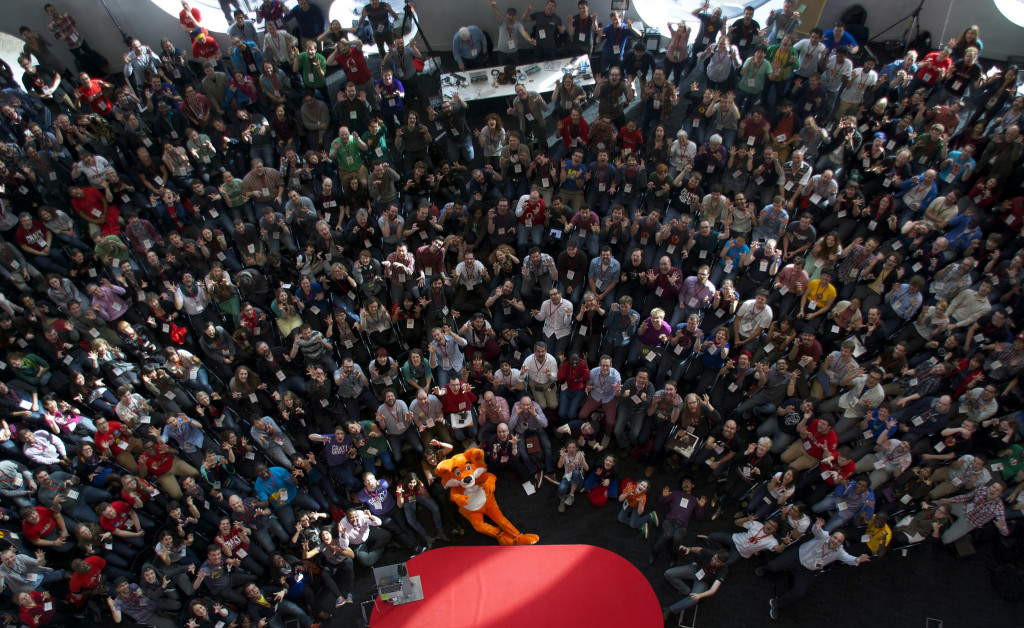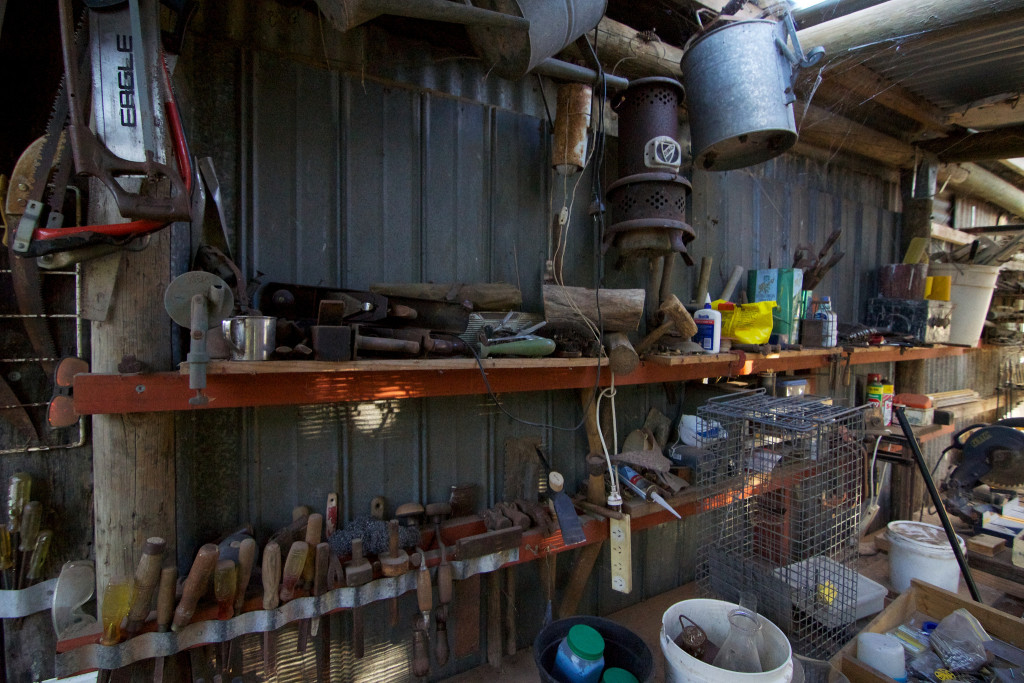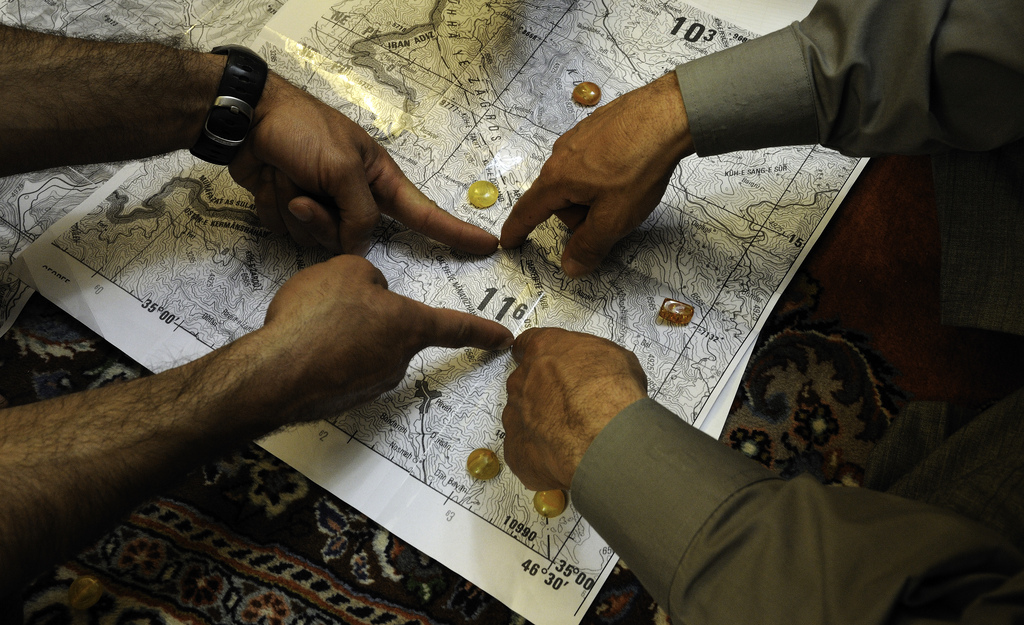Unleash the next wave of openness and opportunity in online life — where people are empowered, safe and independent even as the complexity and scale of the Internet grows around us.
I am excited to cross the pond and join so many people who want to help build a better web. As the Internet as matured traditional power strucutres have arisen and networks have been closed off. I was selected as a Participation leader to help ensure that new doors open for the next billion to come online. Our goal is to increase the contributions people make across Mozilla. My specific focus as a participation leader is to think about leadership, learning and advocacy.


Building Leaders
Learning is leadership and we lead best when we teach well. Mozilla, given a revitalized charge charge of fueling the next wave of open, need to think deeply about the relationship between leading, learning, and advocacy. This will take a collaborative effort between those who tinker on the web and those who teach the web. Those who do both will lead.
Thus leadership and advocacy require a global classroom. Someone asked, it was in some slide deck I think, “Do we want to turn teachers into Mozillians or Mozillians into teachers?” The answer is clearly both.

I want to bring things skillsets together. To open new doors. Mozilla is a philanthropic entrepreneurial activism engine, and we need to fuel the Open web through leadership and advocacy. We need people to level up their technical abilities while they sharing the lessons they have gleaned about learning. Meanwhile developers and self-taught programmers can share cool tools and tricks while learning to teach. Data from the #teachtheweb campaign, clearly indicated people turn to Mozilla for professional development. We can learn together in the open.
Building Learners
By creating a distributed learning network we create incidental moments of learning that cut across time and spaces. When you #teachtheweb you empower others to learn for themselves. You design opportunities for community members to level up as self-programmable learners. I have never taken a web design class but I can mark up my way into new problems all the time. I can’t code but I have taken apps from paper prototype to the production server. I have done this because I turned to Mozilla to #teachtheweb.
We need to offer programs on designing these spaces. There are enough case studies of successful open classrooms for us to design content. We can support professional development across Mozilla. Teams can create and run programs on basic instructional design. ..so we can learn to hack them in fun and interesting ways. For example let’s take principles of multimedia learning and turn it into a puppet show. In other words lets remix the lessons we have learned about how to #teachtheweb and share with the next billion coming online.
Sometimes the hardest part of joining the open web is finding something to say. We need to run programs that lets the art of the web flourish. We want to push the boundaries of how we express ourselves, our learning, and our values on the web. Mozilla builds must offer creative pathways in their spaces of learning. The data from the recent webmaker study in Chicago illustrates this point clearly. The majority of the mobile generation sees themselves as digital artists not as coders.

Building Tools
In order to be a global classroom Mozilla needs to create a federated learning space that would be distributed across the web. We need to connect advocates for Open Education Resources with Developers of the Open Web. Mozilla is the natural synapse. In fact Mozilla just announced a million dollar initiative to support the development of open source and free software. The global classroom needs Mozilla to support efforts to stop the deprecating of RSS.
RSS powers the best learning spaces on the web as it allows learners to be empowered to own their domain. In fact the best open courses on the Web run on RSS and it feels as if content silos are deprecating a basic and fundamental feature of the web. I fear a future where teachers can not pull content into a class hub and learners can push it out into the world. We need someone to build an RSS reader with learning as the essential design feature.
Mozilla’s open source tools also needs to focus on Digital Media. The loss of Popcorn, while understandably necessary, was devastating. Just when the Webmaker program was scaling up it was rebranded and favorite tools disappeared. Mozilla felt like any other edtech content silo.
The pain of losing Popcorn was also because of open wounds. A few months earlier the developers of Zeega were bought out by Buzzfeed and the tool was shut down. We found ourselves lost creatively. No tools to remix audio and video. The recent webmaker data from Chicago and New York illustrate that video matters. First time web users want virality not code. I hope some money flows to someone trying to solve this problem.
Mozilla needs to help build tools for learning and creativity. I hope to offer some perspectives on this issue. People find agency through artistry.

My Plans As a Participant Leader in 2016
I want to create a course module that can be hosted on Thimble and Github. Much of this already exists and a design effort was launched by MLN. We need to continue this work and bring it across Mozilla.
I want to build a global learning experience focused on judging the credibility of web resources. I have piloted and tested a program of credibility with the Mozilla Web Club I facilitate, the Elm City Webmakers. I want to scale this up and run as a distributed networked class.
I want to run a global Pechaflickr challenge. I would love to have some fun, and discuss the similarities between open learning and improv, by having the crowd choose a key term for a random set of Pecha Kucha slides using Alan Levine’s pechaflickr tool.
I’d also like to sit around with a group of people and hack together a Mozilla Web Club kit on Thimble. This could be a template website that clubs could remix on Thimble and then export to their own site if their skills and members level up.
I want to think about the types of professional development opportunities Mozilla should offer. Here we should simply reach out to those surveyed and ask, “What kind of professional development do you want?” Then we should take those answers, embed lessons in web literacy, and design programs built on the values of Mozilla.
Finally I want to continue working with Chad Sansig, Robert Friedman and hopefully a robust MLN mentor community to keep cranking out curriculum.



3 responses on “Heading to #Mozfest and thinking about leadership and advocacy”
Likes
Reposts
Mentions